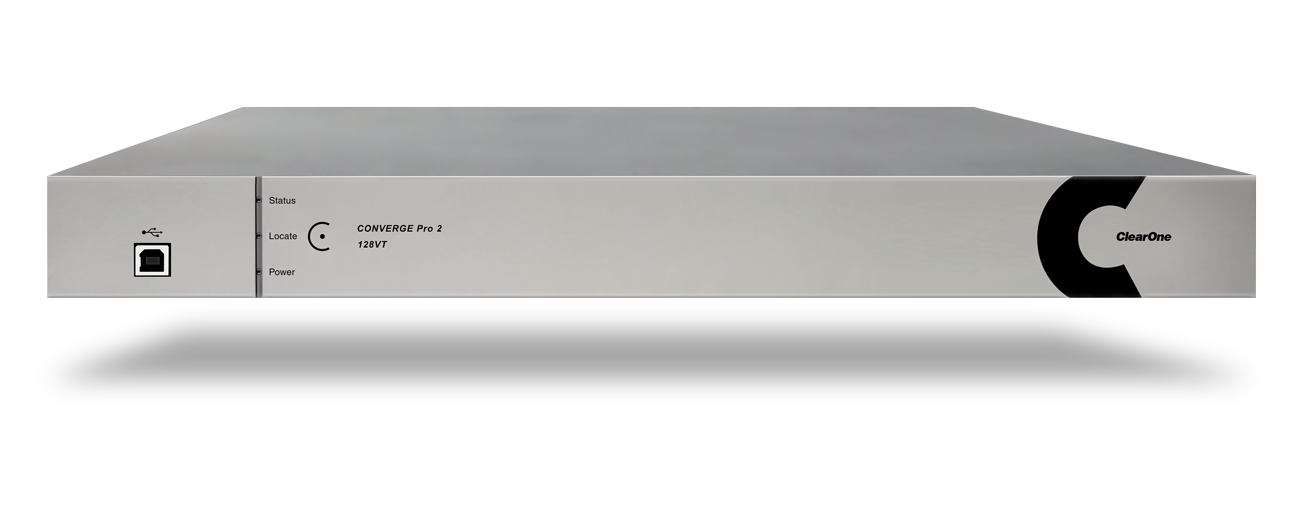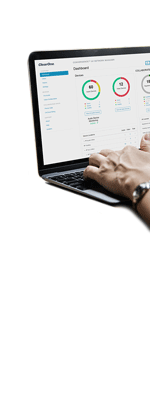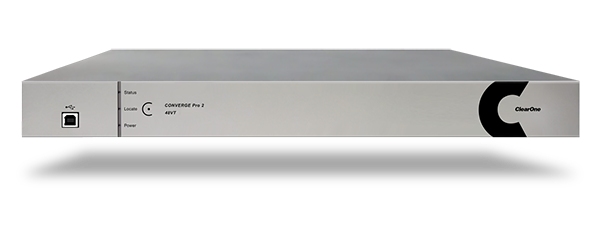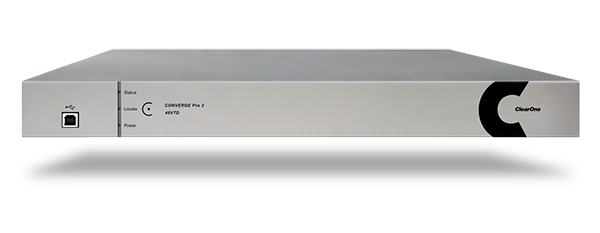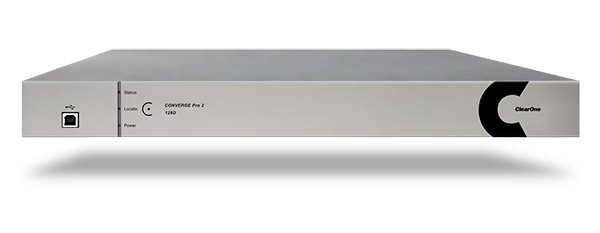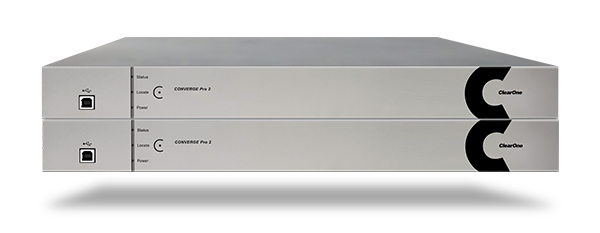- Home / Products / Audio Conferencing / DSP Processors / CONVERGE® Pro 2 / CONVERGE® Pro 2 DSP Mixers / CONVERGE® Pro 2 128VT
CONVERGE® Pro 2 128VT
An advanced multi-channel microphone automixer with built-in support for Dante audio networking, a SIP interface, a Telco interface, and the latest audio DSP algorithms.
